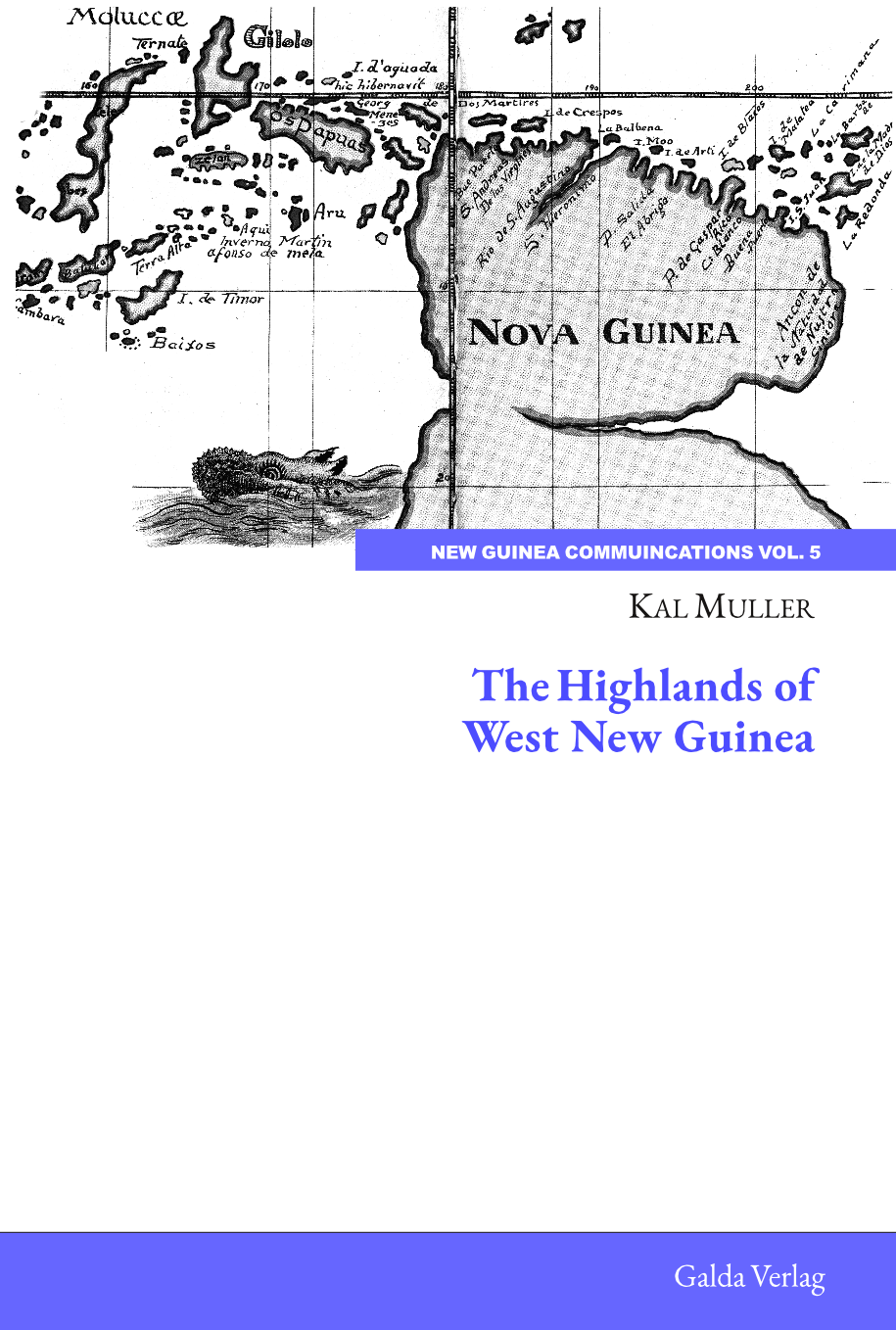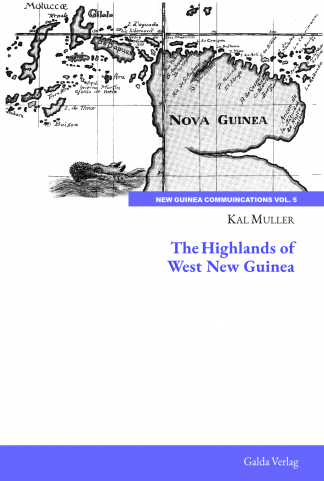Description
A long broad stretch of real estate covers the central highlands spine of West New Guinea. This wide mountain range runs from the Paniai Lakes region and continues across the international border into the neighboring country of Papua New Guinea.
This book deals with the land and main language groups of the Indonesian side of the island, namely the Amungme, the Dani, the Lani, the Moni, the Me, the Yali, the Ok and the Mek. Most of the Papuan population lives in the highlands. This area was unknown until the 1930s. In the west, or the Dutch side of the island, the first government post of the highlands was located at Enarotali, bordering one of the Paniai Lakes. From there, American Evangelical missionaries pushed their way to the east, proselytizing the Papuan groups until they finally reached the Baliem Valley where the first post was open in 1954.
About the Author
Dr. Kal Muller spent 22 years working and living with two Papuan groups, allowing him access to excellent relations with not just the people but also prominent academics and scientists and their resources.
About the Series
The aim is to provide a conduit for the publication of studies on the Island of New Guinea, with its two established political divisions, but will also include other associated patterns of islands.
It will enable contributions from new knowledge workers—with their dissertations—and from established scholars. As there are numerous scholars who would like better coverage of the areas in which they have explored—as a tribute to the people they have worked with—as well as local scholars who understand the importance of their unique areas. It is felt that the approaches being trialed in the visual anthropology part of the series as area studies will bring a wider attention to the remarkable nature of the island.
The first volumes will be on modes of communication: oral history and folklore, and the emergence of a local literature. While the representation of all disciplines is welcome, comparative and whole island studies would be of great interest as well. For this, collaborative works or edited volumes may be needed.
It will allow for academic publications of a more preliminary kind—rather than exhaustive monographs, which are becoming more and more impossible to produce.
Where is the knowledge we have lost?


